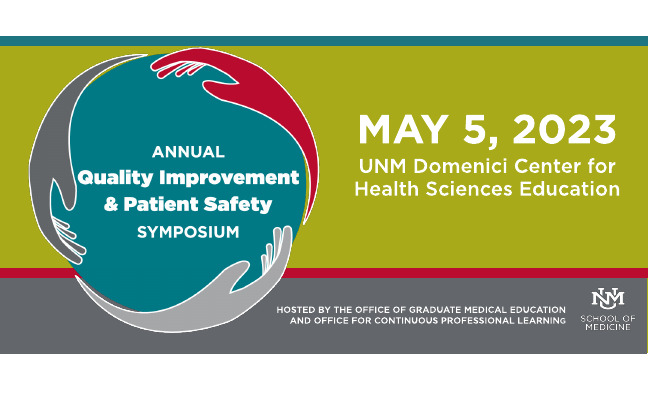Document Type
Poster
Publication Date
3-6-2020
Abstract
Introduction:
Multiple studies demonstrate increased morbidity, mortality, and loss of independence after hip fractures in geriatric patients. The 1-year mortality rate after a hip fracture has been estimated at anywhere from 14% to 58%. Hip fractures are one of the most common injuries evaluated by the UNM Orthopedic department. Geriatric hip fracture protocols have shown improved outcomes at many other centers with regard to improved functionality and decreased morbidity. The goal of this initiative is to improve outcomes with regard to length of hospital stay, functionality after surgery, and as a result, decreased morbidity and mortality.
Materials/methods:
All deaths in the orthopedic department were reviewed and analyzed from June 2009 to July 2019. Deaths were identified from morbidity and mortality submissions and NSQIP data. The geriatric hip fracture protocol was developed and implemented in Fall 2019, with non-critical care patients being primarily admitted to orthopedics, with hospitalist co-management. Specific post-operative and pain order sets were developed for efficiency and improved standard of care.
Results:
Early results of the newly developed geriatric hip fracture protocol demonstrate decreased length of stay in the hospital and earlier time to surgical intervention. It is too early to determine if morbidity and mortality has seen any decrease, however this can be anticipated with earlier time to surgery and decreased time in the hospital.
Conclusions:
We identified a need and successfully developed an initiative to improve care for geriatric patients with hip fractures. Implementation of this protocol decreased length of hospital stay as well as time to surgery. The analysis of the effect of this protocol on overall morbidity and mortality is ongoing.
Recommended Citation
Helmig, K C.; C L. Shultz; S A. McArthur; R B. Blackstone; C Kurnik; M Wharton; and D H. Chafey. "Geriatric Hip Fracture Quality Initiative." (2020). https://digitalrepository.unm.edu/hsc_qips/40


Comments
Presented at the University of New Mexico Health Science 2020 Annual Quality Improvement and Patient Safety Symposium